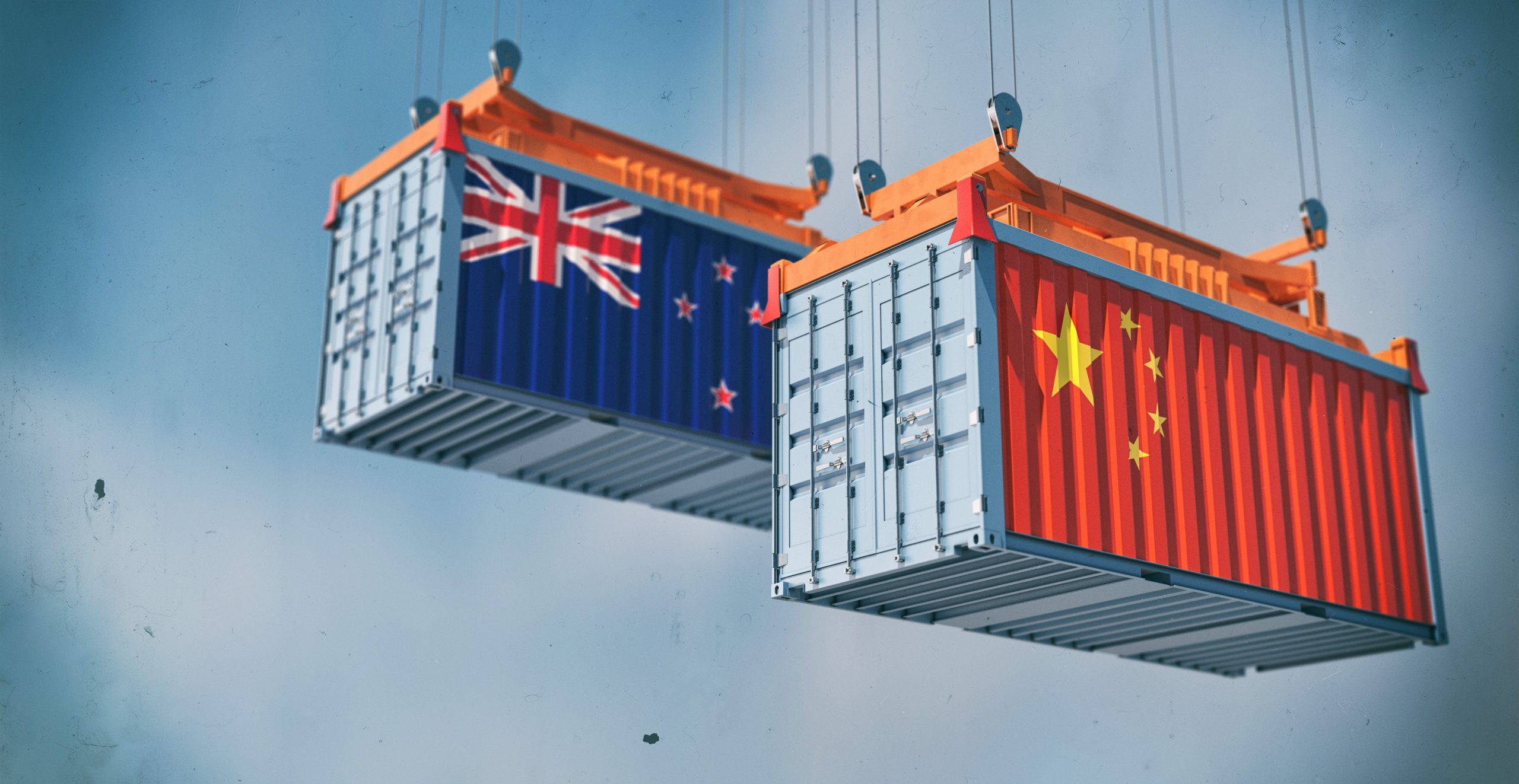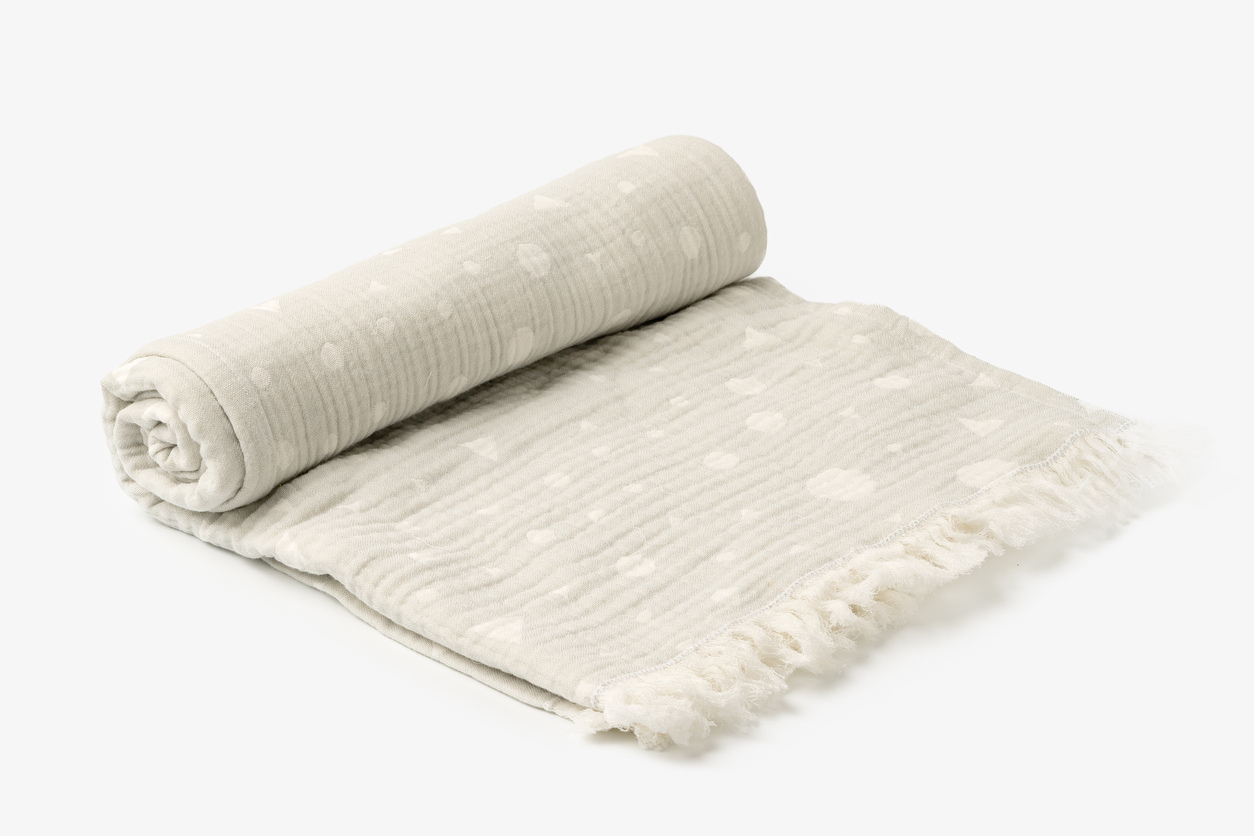U.S. Trade War Supply Alternatives: Diversifying Global Sourcing for Resilient Supply Chains
The ongoing U.S. trade tensions with China and other global partners have caused ripple effects across international supply chains. For businesses that rely heavily on imports from affected regions, the risk of tariffs, trade restrictions, and geopolitical instability has created the urgent need to find supply alternatives.
Forward-thinking companies are diversifying their sourcing networks across Africa, India, Southeast Asia, and Latin America, and Wigmore Trading is helping global businesses navigate this transition smoothly.
Impact of the U.S. Trade War on Supply Chains
1. Rising Import Tariffs
U.S. tariffs on Chinese goods have increased costs for electronics, machinery, textiles, and consumer goods, squeezing margins for importers and wholesalers.
2. Supply Chain Disruptions
Trade tensions disrupt shipping schedules, customs clearance, and material availability, creating delays and uncertainty.
3. Reassessment of Sourcing Strategy
Businesses are now rethinking their “China-first” approach and seeking regional diversification to stabilize their procurement pipelines.
Alternative Sourcing Markets for U.S. Businesses
1. Africa
Africa is a growing manufacturing and raw materials hub, offering tariff-free opportunities under AGOA and the AfCFTA. Products like cocoa, shea butter, textiles, processed foods, and household goods are increasingly exported from Africa to the U.S.
2. India
India is emerging as a global alternative for electronics components, pharmaceuticals, textiles, and machinery, with competitive pricing and improving manufacturing quality.
3. Vietnam & Thailand
These Southeast Asian countries are favored for light manufacturing, electronics, plastics, and garments, with many manufacturers shifting operations from China.
4. Turkey & Eastern Europe
Turkey offers cost-effective textiles, furniture, and industrial equipment, while Eastern Europe supplies automotive parts and machinery with close access to Western markets.
5. Latin America
Mexico, Brazil, and Colombia are nearshore options for U.S. importers looking for shorter transit times and NAFTA/USMCA benefits.
How Wigmore Trading Supports Diversified Sourcing
Wigmore Trading works with U.S. and global businesses to reduce trade war exposure by sourcing from competitive global suppliers. Our services include:
Global Supplier Network
-
Connect with manufacturers in Africa, India, Turkey, and Vietnam.
-
Source FMCG, industrial goods, agricultural commodities, and raw materials.
Compliance & Trade Facilitation
-
Navigate AGOA benefits when sourcing from Africa.
-
Handle documentation, quality verification, and export compliance.
Logistics & Customs Clearance
-
Manage end-to-end shipping from source markets to the U.S.
-
Ensure timely delivery despite trade bottlenecks.
Wholesale Distribution
-
Stock ready-to-ship products from diversified regions to help businesses avoid sourcing delays.
Whether you’re shifting your sourcing partially or fully, Wigmore Trading can help build a resilient and cost-effective supply chain that avoids trade war risks.
Conclusion
In today’s complex trade environment, sourcing from a single market exposes your business to unnecessary risks. By diversifying into regions like Africa, India, Southeast Asia, and Turkey, U.S. businesses can protect their supply chains from tariffs and disruptions.
Contact Wigmore Trading today to explore strategic sourcing alternatives and safeguard your global procurement.








Comments are closed.